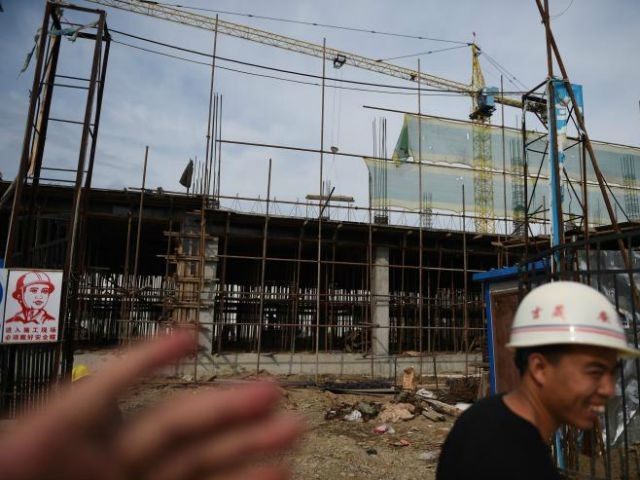To fund a nuclear program, North Korean President Kim Jong-un is sending slave laborers to countries around the world, including Russia. These slaves are worth almost $2 billion.
Rim Il took the opportunity because it meant “a chance to earn $120 a month and eat three meals a day.” But it quickly went downhill as his owners forced him to work 16 hours a day and live in a compound with no freedom.
“There was plenty of rice and even soup with meat. In North Korea this was unimaginable,” he explained. “Looking back I can [see] we were treated like beasts not human beings, we basically weren’t human.”
Over 90,000 North Koreans are in other countries. Mongolia forces North Koreans to work in dangerous mines. China employs the people in numerous textile factories. But it is Russia who reigns supreme. Over 25,000 North Koreans work in the neighboring country.
Kim Jong-un shipped out even more due to a food shortage caused by a drought.
“The worst drought in 100 years continues in the DPRK, causing great damage to its agricultural field,” reported the Korean Central News Agency. “Water level of reservoirs stands at the lowest, while rivers and streams getting dry. Other crops are planted in paddy fields of drought-stricken areas as part of the campaign to reduce damage.”
The BBC reported the majority of the North Koreans in Russia work in horrific conditions in Siberia. Australia’s ABC News interviewed three men who survived these slave camps:
They worked in Siberian logging camps, working long hours in freezing conditions, and for that they were lucky to get 10 per cent of their wage.
The men, who wanted to remain unidentified, told the ABC they only had basic tools and no safety equipment.
They said many of their co-workers died but they could not escape because the regime held family members back in North Korea for ransom.
A detailed report by Andrew Higgins for The Independent back in 1994 detailed these slave labor camps. However, these arrangements between the countries started in 1967 with the Treaty of Friendship and Co-operation between North Korea and then-Soviet Union. North Korean founder Kim Il-Sung jumped at the opportunity to “send his opponents to a region more inhospitable than anywhere within his own borders: colder in winter, hotter and swarming with mosquitoes in summer.”
But Higgins found that the North Koreans take advantage of this opportunity because they can defect and enjoy a non-regimented life. A man known only as Mr. Park told Higgins the competition to win a place on the train to Siberia “is so fierce that only one in a hundred applicants is rewarded.” While their food options are not much better, the people are thrilled to even have options. Park said the North Koreans enjoy “crunchy prawn crackers and instant noodles from South Korea.” If they do not have enough money, they are allowed to trade with the merchants.
In 2011, when Kim Jong-Il still ruled North Korea, VICE’s Shane Smith heard about these slave camps from freelance journalist Simon Ostrovsky. Smith took a film crew to the camps to interview the Russians and North Koreans.

COMMENTS
Please let us know if you're having issues with commenting.